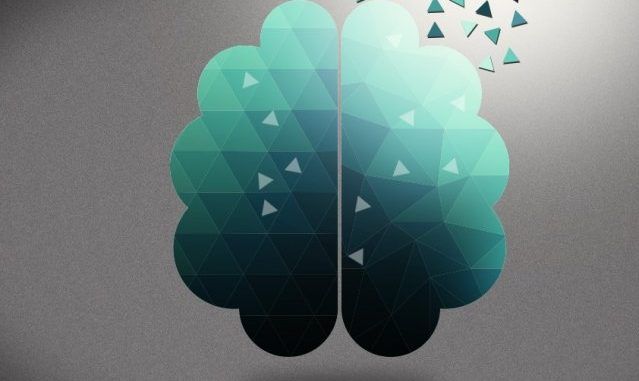
Scientists have discovered that a technique using blue light could retrieve lost memories, raising the hopes of patients who suffer with severe amnesia.
A study conducted by researchers at the Massachusetts Institute of Technology (MIT) and Japan’s Riken Brain Science Institute has provided new insights into the workings of amnesia. The study, published Friday in the journal Science, describes how the use of a technology known as “optogenetics” can reactivate memories that could not otherwise be retrieved. The latest findings contradict the storage theory which posits that memory loss occurs when cells are damaged and memory cannot be stored.

BYPASS THE CENSORS
Sign up to get unfiltered news delivered straight to your inbox.
You can unsubscribe any time. By subscribing you agree to our Terms of Use
The Express reports:
Research carried out on mice has discovered that a lost memory is still stored within the brain cells even though the animal had apparently lost the ability to retrieve it.
In a series of experiments involving a technique called optogenetics, when blue light is used to activate a specific nerve cell in the brain, scientists found that the mice’s memory was jogged.
Susumu Tonegawa of the Massachusetts Institute of Technology in Cambridge, Massachusetts, said: “The majority of researchers have favoured the storage theory, but we have shown in this study that this majority theory is probably wrong.
“Amnesia is a problem of retrieval impairment.”
This could be a breakthrough in the widely-discussed treatment of amnesia, as scientists have long debated its nature, with some suggesting the problem lies within the storage of the memory rather than an inability to retrieve a lost memory.
However, amnesia comes in many forms.
In some cases people have trouble forming memories after sustaining a brain injury, while others are unable to recall the events that led up to a brain injury.
The latter is called retrograde amnesia, a condition which occurs after traumatic injury, stress or disease such as Alzheimer’s, which is due to the damage of the brain cells involving memory retrieval rather than where the memories are stored.
The study, published in the journal Science, discovered that the storage of the memory is caused by building new connections between nerve cells in the brain.
While the ability to retrieve the memory involves the strengthening of these connections, which can be blocked when the brain is damage by injury or disease.
Niamh Harris
Latest posts by Niamh Harris (see all)
- Zelensky Says US Politicians ‘Don’t Care About Ukraine’ - April 17, 2024
- Telegram Founder Says Apple & Google More Dangerous Than Governments - April 17, 2024
- Controversial TikTok Star Kyle Marisa Roth Dead At 36 - April 17, 2024


Be the first to comment